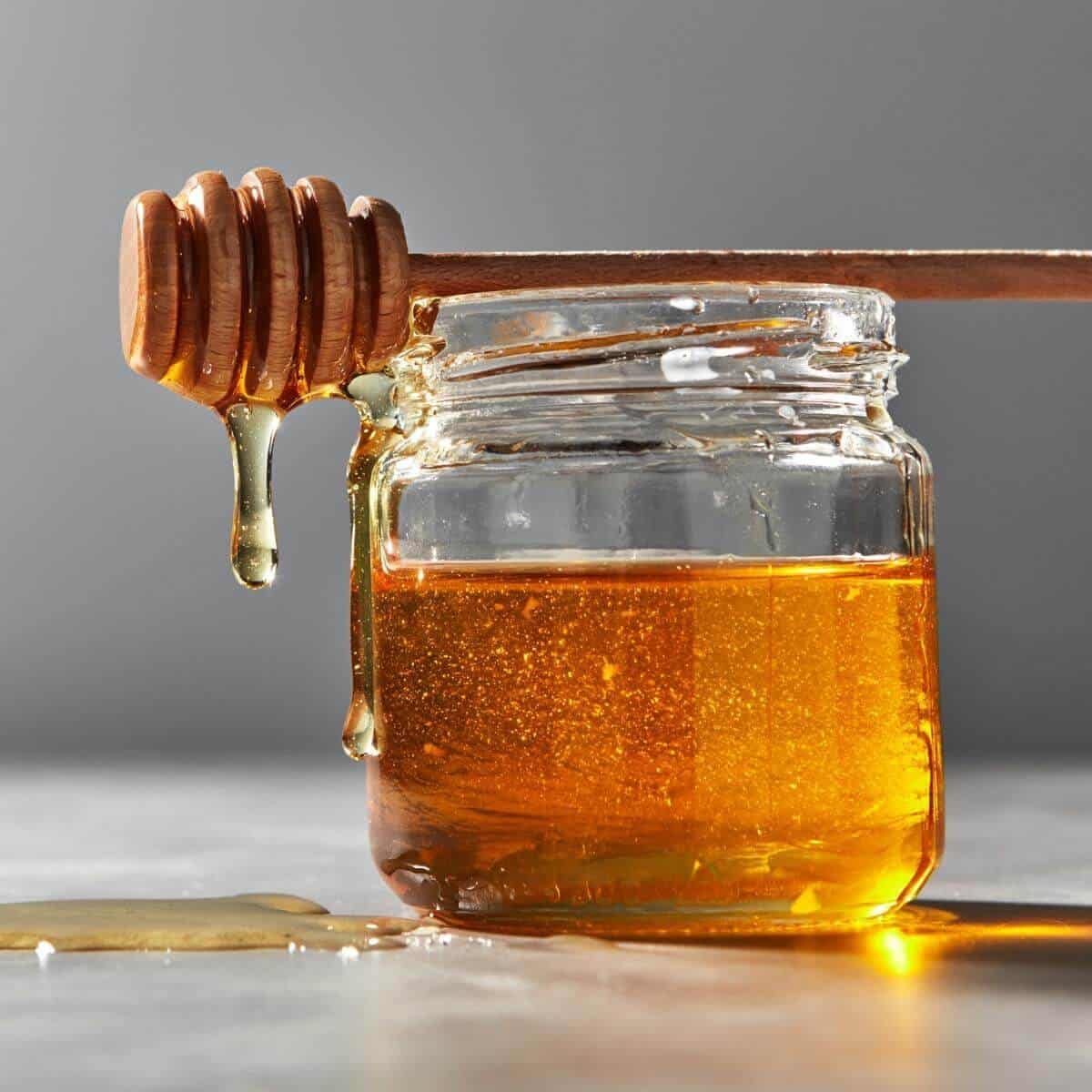Introduction to Honey
Honey is a natural sweetener produced by bees as they collect nectar from flowers, which they then convert into honey through a process of regurgitation and enzymatic activity. Honey comes in various forms, colors, and flavors, depending on the floral source and processing methods. It has been used for culinary, medicinal, and ceremonial purposes throughout history and is valued for its unique taste, nutritional properties, and potential health benefits.
What Is Gluten?
Gluten is a family of proteins found in grains such as wheat, barley, rye, and their derivatives. It provides elasticity and structure to dough, helping it rise and maintain its shape during baking. Gluten is comprised of two main proteins: gliadin and glutenin. For individuals with celiac disease, non-celiac gluten sensitivity, or wheat allergy, consuming gluten-containing foods can trigger adverse reactions ranging from digestive discomfort to severe immune responses.
Is Honey Gluten-Free?
Yes, honey is naturally gluten-free. Since honey is produced by bees from flower nectar, it does not contain any gluten-containing grains or their derivatives. Therefore, individuals with celiac disease or gluten sensitivity can generally consume honey without worrying about gluten-related issues.
Factors Affecting Honey’s Gluten Content
While honey itself is inherently gluten-free, there are some factors to consider that may impact its gluten content or cross-contamination risk:
Pollination Sources
Bees collect nectar from various flowers, some of which may be grown near gluten-containing crops. While the likelihood of gluten contamination from pollination is low, individuals with severe gluten sensitivity may choose to verify the source of honey.
Flavored or Infused Honey
Some flavored or infused honey products may contain added ingredients that could potentially contain gluten. It’s essential to check the label and ingredients list to ensure they are gluten-free.
Processing Methods
Honey processing facilities may also handle other products containing gluten. Cross-contamination can occur if proper cleaning and segregation protocols are not followed. Look for honey brands that follow strict quality control measures and have gluten-free certifications.
Honey Processing and Contamination Risks
The processing of honey, including harvesting, extraction, and packaging, typically does not involve gluten-containing ingredients. However, cross-contamination can occur during processing if equipment or facilities are shared with gluten-containing products. To mitigate this risk, reputable honey producers implement stringent quality control measures, including:
Dedicated Facilities
Honey processing facilities may have dedicated equipment and production lines for gluten-free products to prevent cross-contact with gluten-containing foods.
Cleaning Protocols
Thorough cleaning and sanitization procedures are implemented to prevent cross-contamination between batches of honey and other products.
Testing and Certification
Some honey producers may conduct regular testing for gluten residues and obtain gluten-free certifications to assure consumers of the product’s safety.
6. How to Ensure Gluten-Free Honey
To ensure that the honey you consume is gluten-free, consider the following tips:
Read Labels
Check the product label and ingredient list to verify that the honey does not contain any gluten-containing ingredients.
Look for Certifications
Choose honey brands that have gluten-free certifications or third-party gluten-free verification to ensure they meet strict quality standards.
Contact the Manufacturer
If you have any doubts or concerns about the gluten-free status of a particular honey product, reach out to the manufacturer for clarification.
Avoid Flavored Varieties
While most flavored honey products are gluten-free, it’s essential to double-check the ingredients list to ensure they do not contain gluten-containing additives or flavorings.
7. Common FAQs (Frequently Asked Questions)
Can individuals with celiac disease consume honey?
Yes, individuals with celiac disease can safely consume honey, as it does not contain gluten. However, it’s essential to be cautious of flavored or infused honey products that may contain gluten-containing additives.
Is raw honey gluten-free?
Yes, raw honey is gluten-free, as it undergoes minimal processing and is not typically exposed to gluten-containing ingredients during production. However, cross-contamination risks may vary depending on the processing facility.
Are honeycomb and honeycomb products gluten-free?
Yes, honeycomb and honeycomb products, such as comb honey or chunk honey, are gluten-free, as they are composed solely of honey and beeswax.
Can honey be used as a substitute for other sweeteners in gluten-free recipes?
Yes, honey can be used as a natural sweetener in gluten-free recipes, such as baked goods, sauces, and dressings. However, it’s essential to consider the flavor and moisture content of honey when substituting it for other sweeteners.
Is honey safe for individuals with wheat allergies?
While honey itself does not contain wheat or gluten, individuals with wheat allergies should exercise caution, as honey processing facilities may handle other wheat-derived products. It’s advisable to choose honey from reputable brands with stringent quality control measures in place.
Can honey be contaminated with gluten during storage?
Honey stored in sealed containers is unlikely to become contaminated with gluten. However, if honey is stored in bulk containers or open jars in shared storage facilities, there may be a slight risk of cross-contamination.
Is honey tested for gluten content?
Some honey producers may conduct testing for gluten residues to ensure their products meet gluten-free standards. Look for honey brands that undergo regular testing and have gluten-free certifications for added assurance.
Conclusion
In conclusion, honey is a naturally gluten-free sweetener that can be safely enjoyed by individuals with celiac disease, gluten sensitivity, or wheat allergies. While honey itself does not contain gluten, it’s essential to be mindful of potential cross-contamination risks during processing and handling. By choosing honey from reputable brands, reading labels carefully, and following best practices for gluten-free living, you can enjoy the delicious flavor and health benefits of honey with confidence. Remember to consult with a healthcare professional or registered dietitian if you have specific dietary concerns or medical conditions related to gluten consumption.
ChatGPT can make mistakes. Co
- Nu-Derm Skin System Near Longcross, Surrey - May 22, 2025
- Weed Drinks That Taste Like Real Cocktails - May 22, 2025
- Nefertiti Neck Lift Treatment Near Shepperton, Surrey - May 21, 2025

